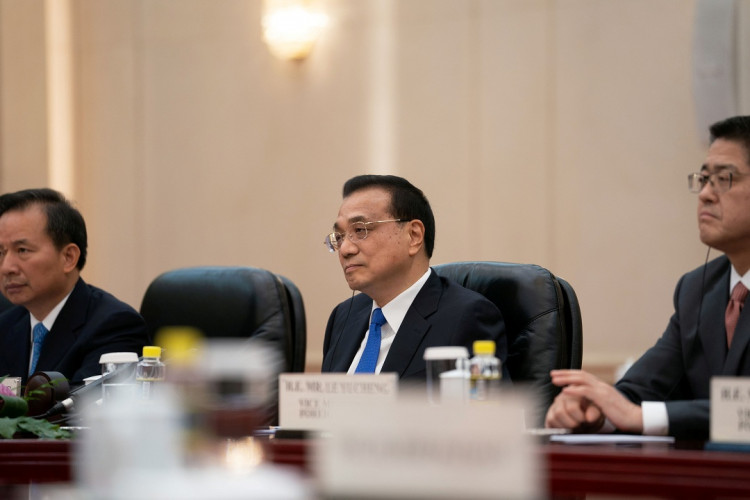In what seems to be a gesture of goodwill to the international community, China has announced that it will be accelerating its plans to open up its markets to foreign firms and investors.
The move comes at the heels of the recent trade war ceasefire between China and the United States, with both parties agreeing to resume trade talks right away.
According to China's Premier Li Keqiang, China will be moving up its scheduled plan in lifting the country's foreign capital limits in industries such as life insurance, securities, and futures. The country had originally planned to lift the foreign capital limits in 2021, but it has apparently decided to immediately lift it next year.
In his speech at the World Economic Forum held yesterday, Li stated that the move should be a clear sign that China is committed to opening up to the international community. Li also stated in his speech that China was committed to ensuring the stability of its currency. This is likely to ensure that its trade relationships with other nations, including the US, would remain stable.
Prior to the lifting of the limits, foreign companies are not allowed to purchase a controlling stake in Chinese business. Once the limits are lifted in 2020, foreign businesses should now be able to have more control over their investments in China.
The gesture may be a big deal for firms intending to expand their business in Asia, but US President Donald Trump will likely be unimpressed. The US currently has a standing demand that China amends its laws to protect US business in its country. This had reportedly been part of the trade discussions between both nations, prior to it breaking down in May.
In March, China did make a few changes to its existing laws involving foreign investments. The move was China's way of addressing concerns by some foreign companies, who had complained about a lack of government protection in terms of their intellectual property rights.
Despite the actions of the Chinese government, some companies still complained that the broad measures were simply inadequate to remedy their underlying concerns.
Trump and Chinese President Xi Jinping recently met at the G20 summit in Japan over the weekend. Both leaders had agreed to a ceasefire in the imposition of any new tariffs against each other. Trump and Xi also agreed to resume trade negotiations with the intent of arriving on an amicable deal that would be acceptable to both parties.






